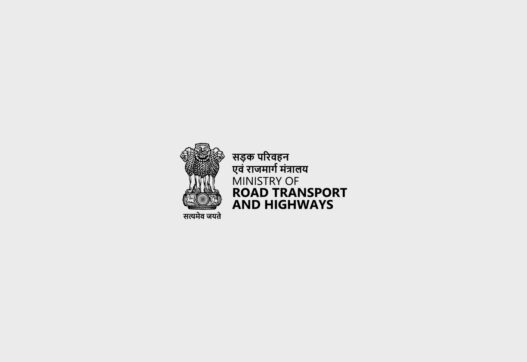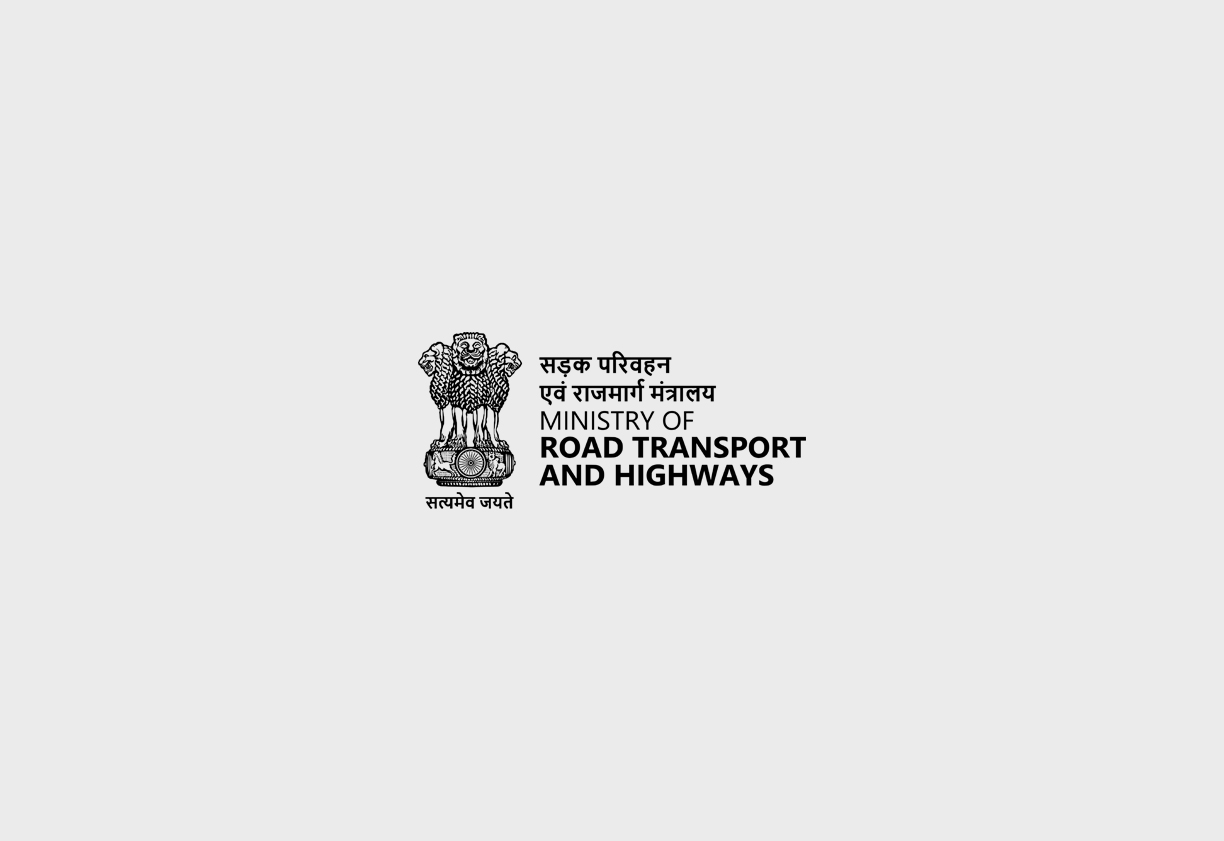Ministry of Road Transport and Highways
The Indian Tolls Act, 1864, amends the Indian Tolls Act, 1851, providing for the compounding of tolls and the extension of the Act’s provisions to other areas. It aims to facilitate the collection of tolls on public roads and bridges.
Act Background and Ministry:
The Indian Tolls Act, 1864, was enacted to amend the Indian Tolls Act, 1851, which enabled the government to levy tolls on public roads and bridges. This act aims to provide flexibility in the collection of tolls and expand the scope of the 1851 Act. While the Act does not specify a particular ministry, it falls under the purview of the Ministry of Road Transport and Highways in India, as it deals with matters related to road and bridge infrastructure.
Enactment date, number of chapters, number of sections:
The Indian Tolls Act, 1864, was enacted on March 24, 1864. The Act is structured into 4 sections, without specific chapters, along with a repealed schedule. These sections cover various aspects of toll collection, including the power to compound for tolls and the power to extend the Act’s application.
Act Governed By:
The Act is primarily governed by the provisions outlined within its sections. It empowers the State Government to allow compounding of tolls and to extend the application of the 1851 Act and this Act to other areas.
On Whom It Is Applicable:
The Indian Tolls Act, 1864, is applicable to toll collectors and other persons involved in the management of toll collection on public roads and bridges in the territories to which the Act is extended.
Penalties/Punishments:
The Act does not specify any penalties or punishments for non-compliance. However, it supplements the Indian Tolls Act, 1851, which outlines penalties for non-payment of tolls and other related offenses.
Important Pointers:
-
The Act allows toll collectors to compound for tolls for a period not exceeding one year.
-
It empowers the State Government to extend the application of the 1851 Act and this Act to other areas.
-
The Act supplements the provisions of the Indian Tolls Act, 1851, by providing more flexibility in toll collection.
-
The Act has been amended over time to adapt to changing needs and circumstances.
-
The Act ensures that the collection of tolls is done in a fair and transparent manner.
Act Copy:




